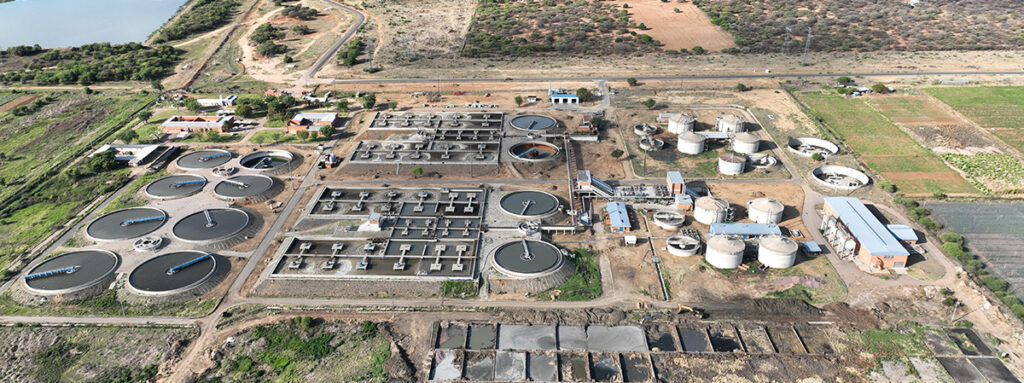Stressors to Responses
Investigating mechanisms linking environmental stressors to adverse health responses

Overview
The goal of this theme is to isolate environmental stressors, understand the mechanisms by which these stressors take effect in biological systems, and identify diseases and adverse biological responses associated with stressor exposure.
Although the model systems and biological outcomes of interest being investigated by TiCER members are diverse, many topics are shared by several members and are primed for the cross-fertilization of ideas and approaches. Model systems include cellular, organoid, rodent, and human clinical systems. Biological and disease outcomes include reprotoxicity, nephrotoxicity, hepatoxicity, cardio and pulmonary toxicity, immunotoxicity, cancer, and general biological responses.
Research Foci:
Stressors currently being investigated include:
- Toxins such as arsenic, cadmium, lead, chromium, and aflatoxin
- Toxicants such as halogenated aromatics, polycyclic aromatic hydrocarbons, endocrine disruptors, dioxins, BPA, and trichloroethylene
- Air pollutants
- Physical activity
- Microbiota linked to adverse health outcomes and disease
Theme Leader
Dr. Chendil Demodaran is the Associate Dean of Research & Innovation at the Irma Lerma Rangel College of Pharmacy where his research program investigates the mechanism by which occupational exposure to heavy metals like arsenic (As) and cadmium (Cd) induce carcinogenesis in the prostate and bladder.
